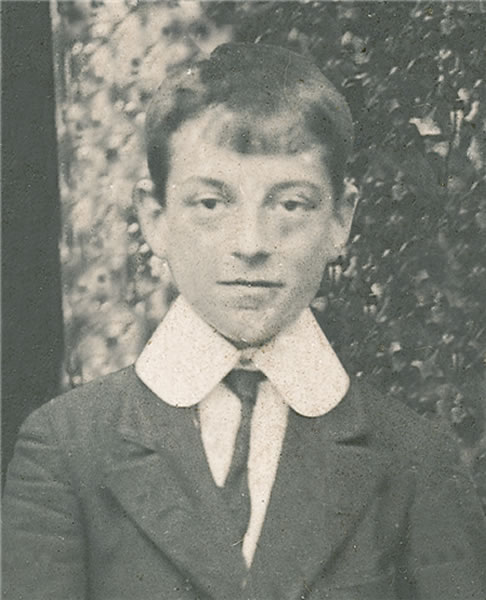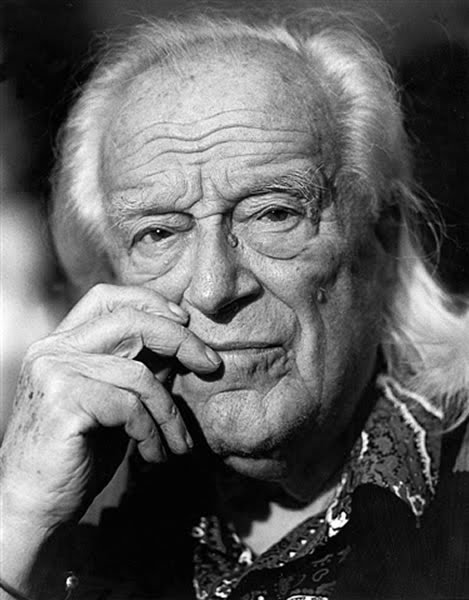Currently reading
The Owl's Insomnia , by Raphael Alberti



For decades I have had hints that Rafael Alberti Merello (1902 – 1999) was a poet I would love, but I was reluctant to read more than a few poems in translation until my grasp of Spanish was up to the task of appreciating his work. But time passed and passed. So, although my Spanish is still not quite good enough, I took up this bilingual edition with translations en face by the excellent American poet, Mark Strand.
Alberti had an extremely long life, and he wrote during most of it, producing thousands of poems, a few plays, at least one screenplay, and a multivolume autobiography/memoir, La arboleda perdida . Over this great span of time he changed his poetic style several times, not always for the better. Indeed, after writing Sobre los angeles in the late 20's (which is widely considered to be his best work), he became a committed communist and cranked out reams of party-line verse in the 30's. After the defeat of the Spanish Republic at the hands of Europe's fascists (as a warm up for the Second World War's festivities), Alberti went into exile and dropped the socialist poetics. But this is only one example of many to indicate that Alberti was, over time, many poets.
From thousands of poems Strand has selected 50 to translate, primarily from early and late in Alberti's career. As Strand writes in his introduction, his selection "was to be made up strictly of elegies, remembrances, and poems of loss and exile," though some of the poems in the selection do give one a taste of Alberti's humor. Given the wide range of poems even in this limited collection, no poem can be representative. With this in mind, here is a short, beautiful poem from this book followed by Strand's translation. If you know how Spanish sounds, let Alberti's words roll over your tongue, even if you don't understand the meaning; if you do understand the meaning, you'll see that Strand makes a good try, but leaves some of the poem behind - not just meaning but also rhythm and verbal energy.
El ángel de arena
Seriamente, en tus ojos era la mar dos niños que me
espiaban,
temerosos de lazos y palabras duras.
Dos niños de la noche, terribles, expulsados del
cielo,
cuya infancia era un robo de barcos y un crimen de
soles y de lunas.
Duérmete. Ciérralos.
Vi que el mar verdadero era un muchacho que
saltaba desnudo,
invitándome a un plato de estrellas y a un reposo de
algas.
¡Sí, sí! Ya mi vida iba a ser, ya lo era, litoral
desprendido.
Pero tú, despertando, me hundiste en tus ojos.
The Angel of the Sands
It is true, in your eyes the sea was two boys staring
at me,
afraid of harsh words and of being trapped,
two terrible boys of the night, thrown out of
heaven,
whose childhoods were a robbing of boats and
crimes of suns and moons.
Close your eyes and try to sleep.
I saw that the real sea was a boy who leaped naked,
inviting me in for a dish of stars and a nap of
seaweed.
Yes. Yes. My life was going to be, and already was,
a shore set adrift.
But when you woke up, you drowned me in your
eyes.
5 stars for Alberti, 3 for Strand.
 3
3












